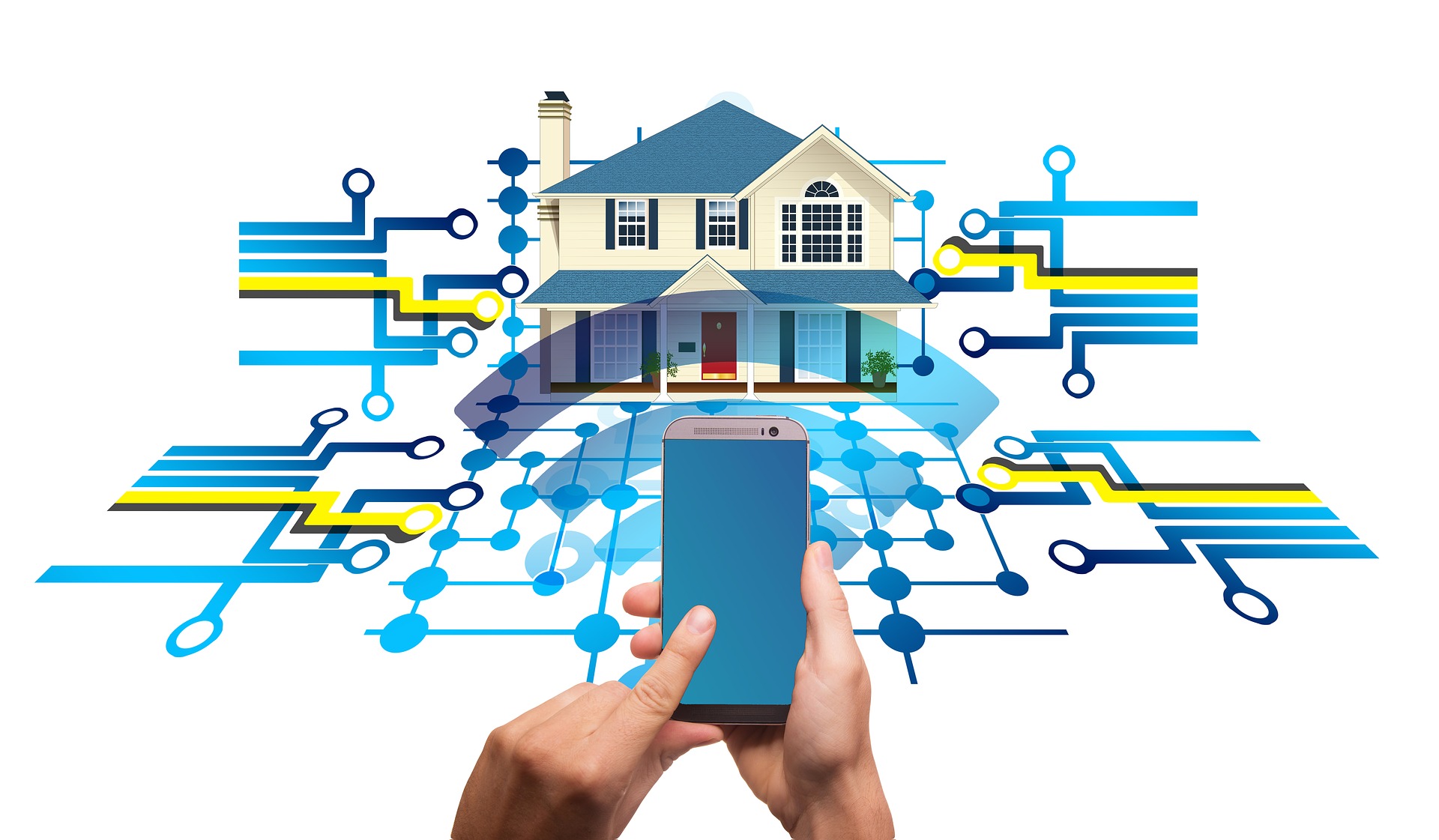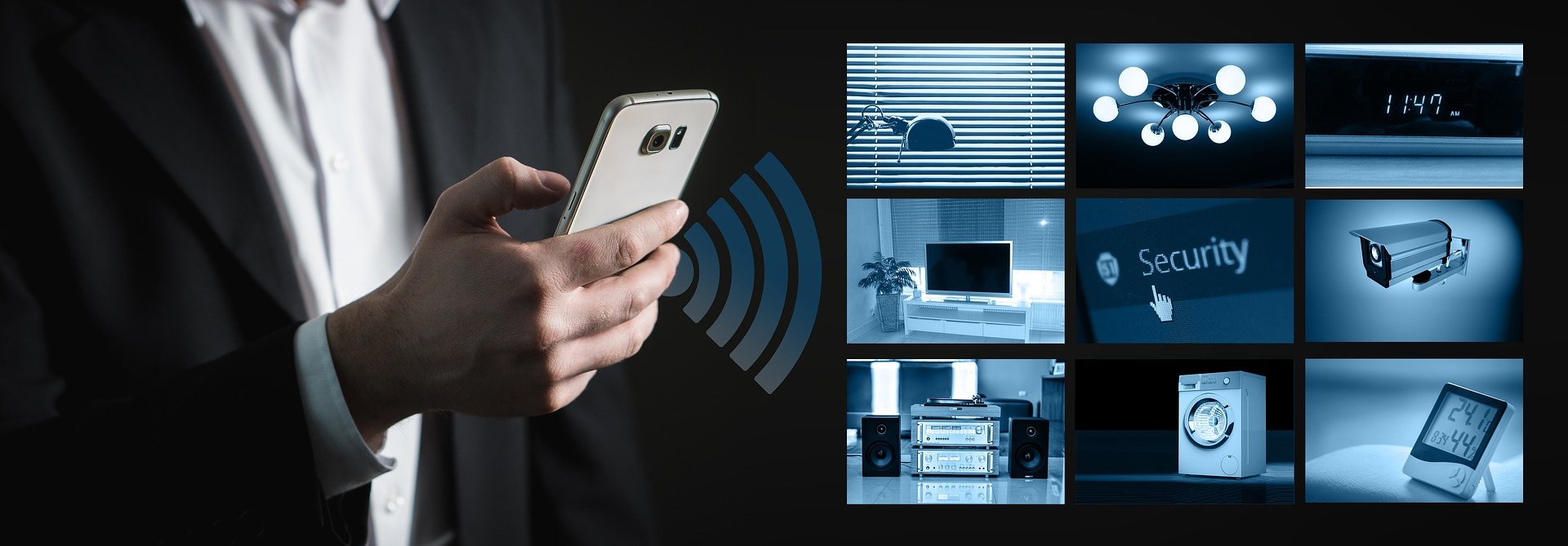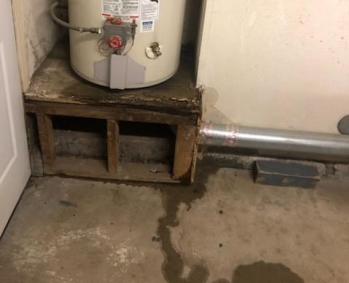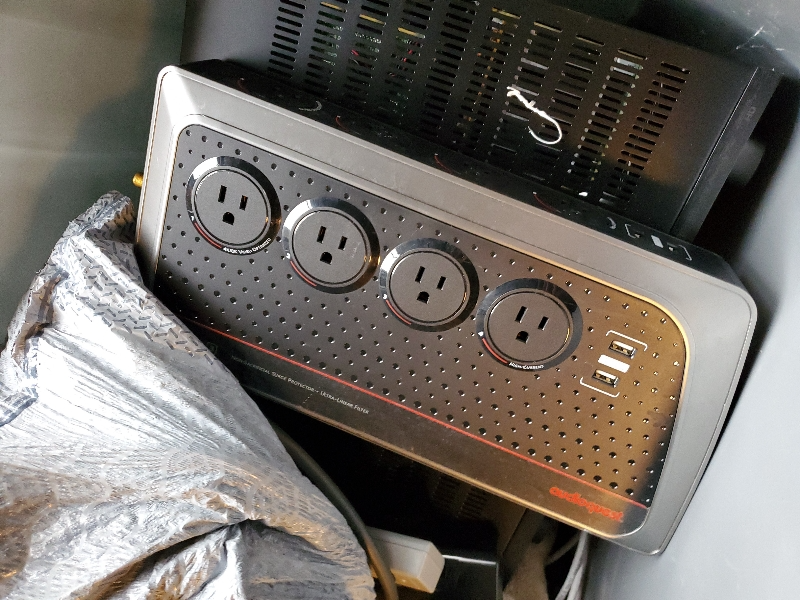Advantages of Smart Technology and IoT As Related To Insurance Claims

Policyholders who have embraced smart technology can walk into their homes, disarm security, and have their lights, thermostat, music, and appliances each already on desired settings – all activated by their voice, phone, or other connected device.
The internet of things (IoT), the network of items that contain software and technology connecting them to other devices through the internet, includes billions of innovative devices with a variety of features. By 2030, forecasters anticipate around 50 billion IoT devices will be used globally. And while changing the music or instantly getting the answer to a question using a voice assistant makes life a little easier for policyholders, connected devices have benefits for carriers and claims, too.
Reduce Claim Severity Through Early Notifications
Any connected device that can provide an early warning of a potential peril is a benefit to both policyholders and carriers to decrease the risk and severity of damage and losses.
For example, smart technology has enhanced fire and crime protection in myriad ways. Smoke and carbon monoxide alarms can now be connected throughout the house and linked with phones and security systems; therefore, policyholders don’t have to be home or inside a building to receive an alert about fire, theft, or vandalism. When an alarm sounds, the system may provide notifications of whether the concern is smoke or carbon monoxide or a break-in and where the alarm is activated. Security cameras and motion sensors can also reveal if the fire is moving, what the suspects look like, and what occurred inside the building. Smart alarms and detectors ensure policyholders and emergency personnel know what to expect and are notified as soon as a peril is detected.
Smoke, carbon monoxide, and security alarms have potential safety benefits to policyholders; however, these smart devices can also provide early notifications and alerts that, if acted upon, will reduce the damage – and claim – severity.

Prevent or Lessen Losses for Water Or Surge Claims
Smart devices could impact the severity of claims for other perils.
Water damage claims are prevalent from leaky pipes or malfunctioning appliances and equipment. Smart leak detectors send alerts to policyholders if incidents occur that could cause water damage. These devices may track sounds coming from a system of pipes or monitor water flow. If something appears amiss, the detector can block water from entering the property to prevent water leaking and damages. When these devices are connected through the internet, policyholders can monitor water flow in real-time and receive notifications if there is a concern. Water sensors can also detect water in areas where it isn’t supposed to be and notify the policyholder, ensuring it doesn’t go unnoticed and cause more widespread damage.
Smart technology has impacted electrical outlets and surge protectors as well. They may be controlled through voice assistants or an app, which give policyholders the capability of remotely turning off devices plugged into them.
Policyholders who utilize this type of smart technology are taking proactive measures that could reduce the number of claims they file or the damage scope. Because of this, some carriers offer discounts or other incentives for customers who use them in their homes or businesses.

Obtain Data Faster and Easier
In addition to offering early notifications that reduce claim severity, smart technology provides data that could support the claims settlement process.
Information obtained from IoT devices may be able to pinpoint exactly when and where the damage occurred, how often equipment is powered on, and its usual settings. These may offer insight into how the policyholder uses the smart device and why the damage was sustained.
Risks of Smart Technology
While smart devices can be advantageous to policyholders and carriers to prevent claims, they may also be the cause of claims.
This equipment requires electrical components that may shorten the overall lifespan, particularly if software becomes incompatible and can’t be updated. Surges may also damage these components, which may make returning the policyholder’s property to pre-loss condition costlier for repairs or replacements than more traditional equipment.
Not all policyholders will want to share their data or be under surveillance of security cameras, and there have been cyber security threats related to smart technology. These concerns may stop policyholders from taking advantage of its other benefits, even if it means forfeiting carrier incentives.

Getting Expert Advice is Always a Smart Decision
Smart devices enable your policyholders to carry out a variety of tasks in a different way that could make daily life easier, more efficient, and safer. But even with preventative measures in place, your policyholders will likely still file claims with electrically powered items that you will need to be prepared to handle.
StrikeCheck supports adjusters in their efforts to settle claims fairly, accurately, and quickly. Our experts will determine cause of loss, scope of damage, and the most appropriate repair and replacement next steps to return policyholder property to pre-loss condition. Regardless if the claim includes smart devices, submit a claim to StrikeCheck to get the assessment support you need.
